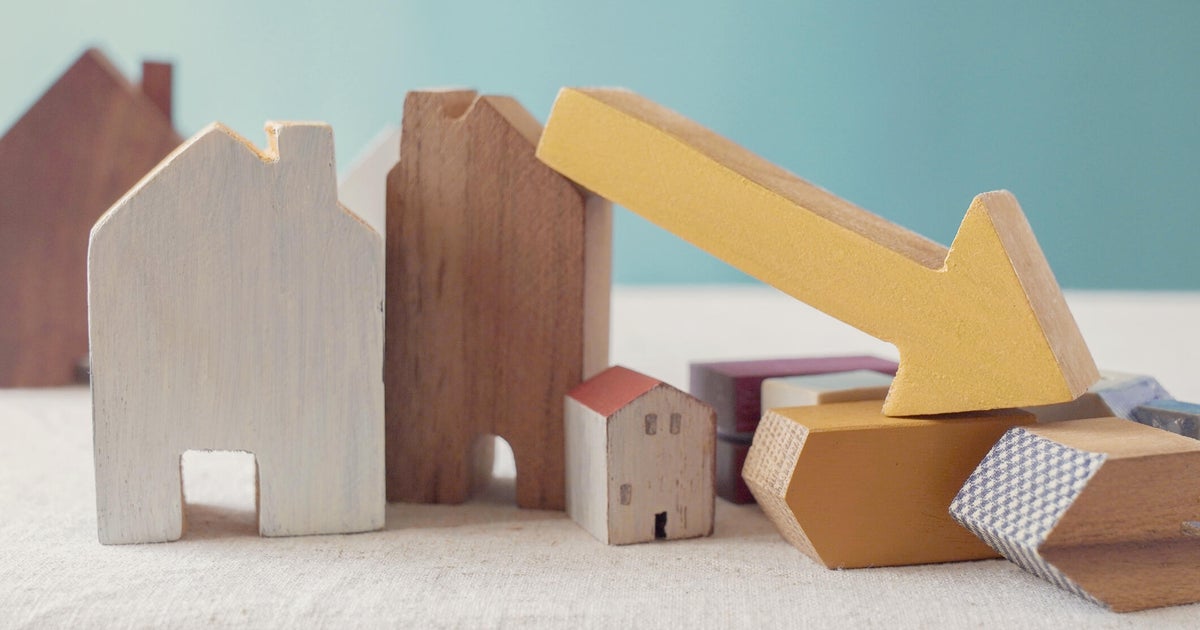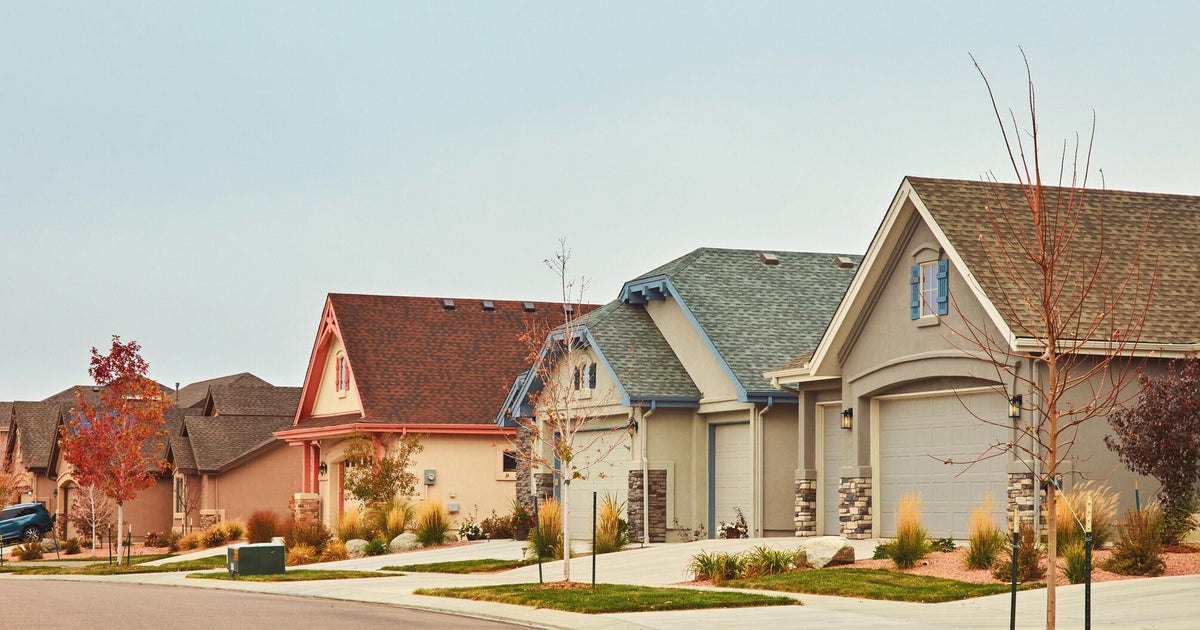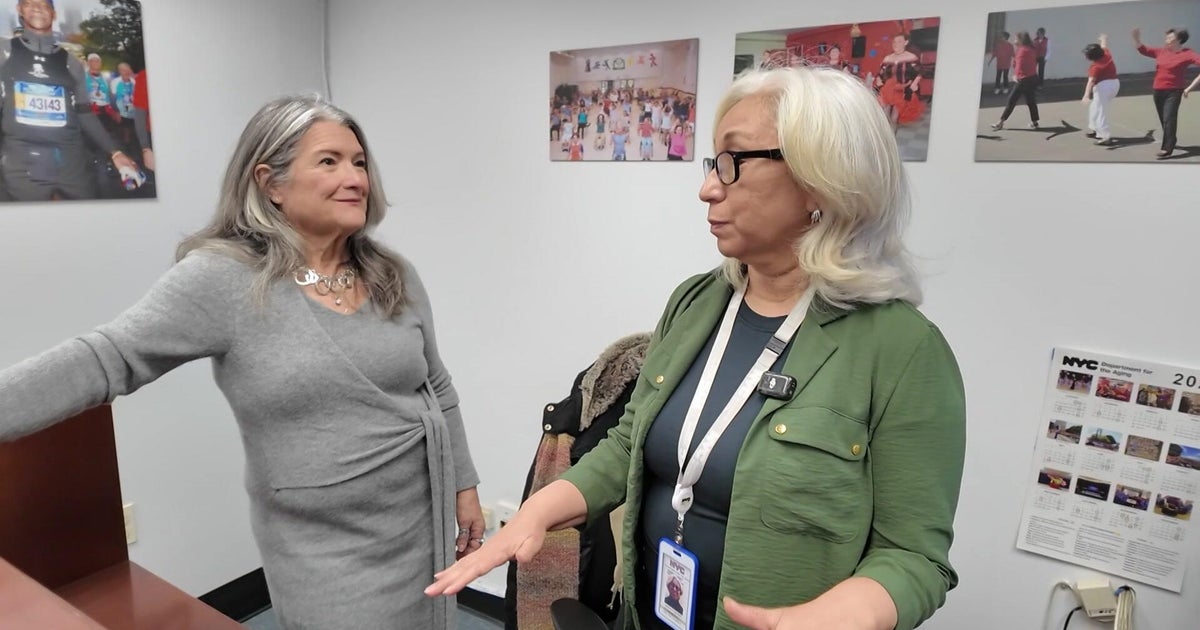It now costs $310,000 to raise a child: "Something has to give"
Americans who are thinking about starting a family have a new datapoint to consider: The cost of raising a child from birth to age 17 will set you back by about $310,000.
That's according to a new analysis from the Brookings Institution, which analyzed the Department of Agriculture's 2015 estimate for the cost of raising a child and ran the numbers to account for inflation since then. Since 2020 alone, the higher pace of inflation has added about $26,000 to the cost of raising a child, according to the analysis.
The findings come amid a long-term trend of declining birthrates: the number of births in the U.S. dropped in 2020 to their lowest level since 1979. Advocates have pointed to a lack of family-friendly policies such as paid family leave. The U.S. is the only developed nation without such a program. The Biden Administration sought to expand the Child Tax Credit and provide more support for child care costs, but those plans fizzled with the failure of the Build Back Better Act.
"If you are going to have children, you have to recognize you have to work harder or consume less in some other area," noted Isabel Sawhill, a senior fellow at Brookings whose scholarship frequently focuses on economic and social issues surrounding marriage and children. "It's not a free choice."
And the study only includes child-rearing costs up to age 17, which means that additional expenses faced by parents who plan to send their children to college are not included in the estimate.
"If you expect your children to go to college, the $310,000 is just a beginning," Sawhill noted.
She added that the rising cost of raising children may be impacting some Americans' decisions about whether to start a family, although declining birth rates are common across developed nations — even in nations with financial support for families.
Never having children?
At the same time, more Americans without children are saying they will never have kids, with the Pew Research Center finding in a 2021 survey that 44% of nonparents between 18 to 49 aren't planning to start families — a jump of 7 percentage points from three years earlier.
What's clear is that families are increasingly making choices between what to fund, including whether one parent should stay home with children given the high expense of child care. The biggest cost for parents is housing, which consumes about 29% of raising a child, followed by food at 18% and child care and education at 16%, according to the Department of Agriculture's analysis.
Americans "could adjust by having fewer children or working more or by cutting back on expenses, but something has to give here," Sawhill noted.
Sawhill's analysis didn't break down the cost of raising a kid by category, but instead applied an estimated inflation rate to the USDA's calculation from 2015, when it expected parents would need about $234,000 to raise a child. From 2015 to 2020, Sawhill used an inflation rate of 2.23%, but assumed an inflation rate of 4% for 2021 and subsequent years, reflecting the current period of high inflation and mirroring the average CPI increase from 1980 to 1997, when the nation also faced a period of high prices.
Inflation impact
One parent said the high rate of inflation is making everything more expensive, from housing to food. Anneisha Williams, 37, and a single mother of six who lives in Los Angeles, said her rent recently rose to $1,730 a month from $1,600. She's picking up extra work on the side, in addition to her two jobs, to make ends meet.
"Rent went up, gas is still like kind of shaky," she said. "Outside of me working my two jobs, I have to braid hair on the side, and offer to clean someone's house on the side." Williams added, "It's very stressful."
Williams, who works as an at-home care provider and at Jack-in-the-Box, said she's active with Fight for $15 to support a bill that would give fast-food workers more power and protections. She pointed out that the cost of raising kids isn't only tied to expenditures, but includes issues like missed income when a child is sick — since she doesn't get sick pay.
She said her advice to people considering starting a family is to be prepared financially. "Take their time, really make sure you are stable and able to take care not only of that child but the finances that come along with the child and the necessities of having a child," she noted.



